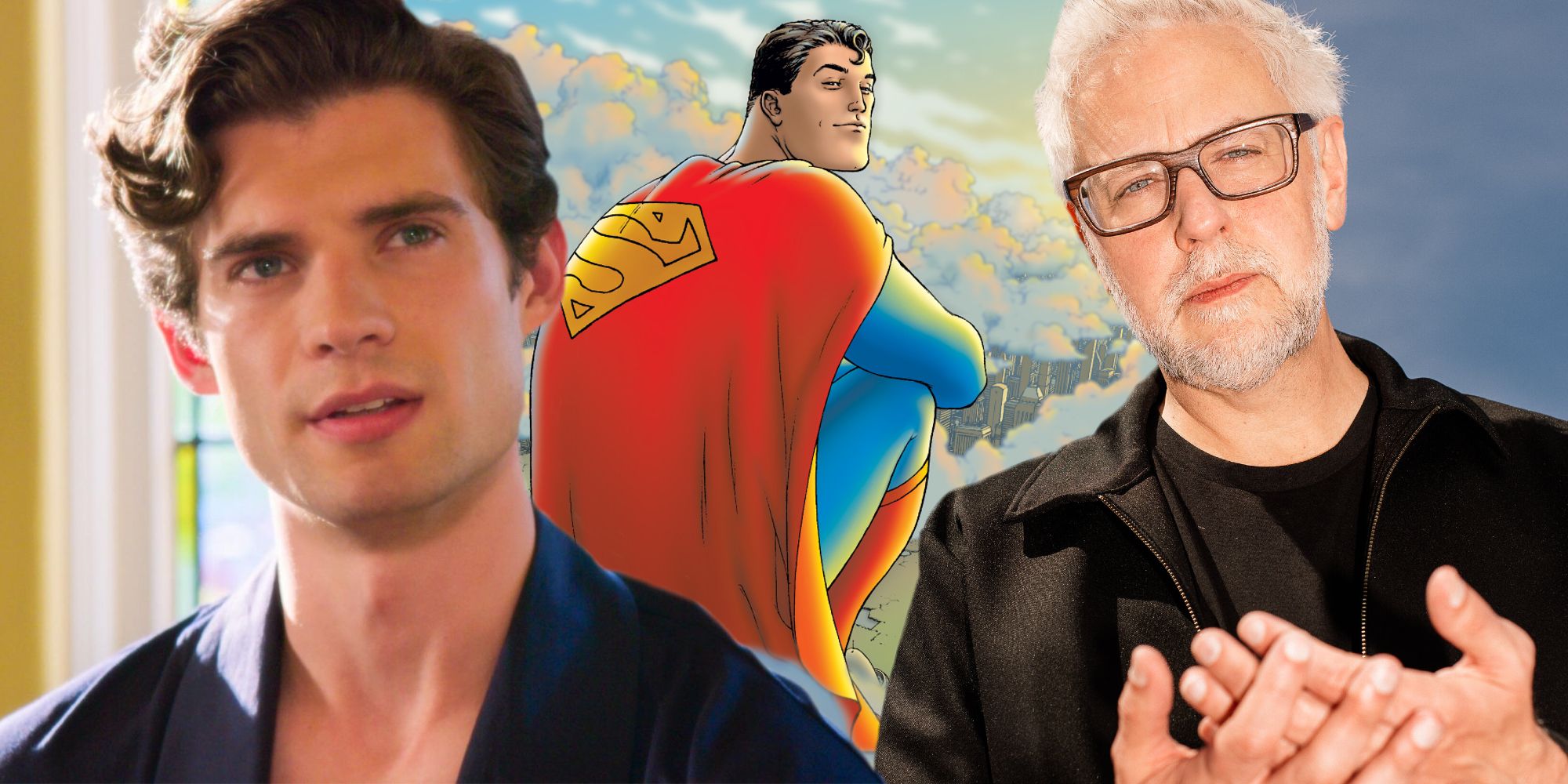10 Movie Reviews That Completely Changed Public Opinion

10 Movie Reviews That Rewrote Hollywood History: When Critics Became Kingmakers
The relationship between film critics and the public is a complex dance. Sometimes, reviews merely reflect pre-existing sentiment. But occasionally, a powerful review, a perfectly articulated critique, or a scathing takedown can dramatically shift public perception of a film, impacting its box office performance, legacy, and even the trajectory of its director’s career. These aren’t just reviews; they’re cultural earthquakes.
This exploration delves into ten instances where a single, potent review (or a concerted critical response) dramatically altered the course of a movie’s fate and public opinion. We’ll examine not only the review itself but also the wider context that allowed it to resonate so profoundly.
| Movie Title | Reviewer/Publication | Review’s Impact | Lasting Effect |
|---|---|---|---|
| Citizen Kane (1941) | Many Critics (wide acclaim) | Elevated Orson Welles to genius status; established new cinematic language. | Remains a cornerstone of film history and critical analysis. |
| The Birth of a Nation (1915) | Variety (mixed to negative) | Initially praised technically, later condemned for its virulent racism. | Sparked crucial conversations about representation and cinema’s power. |
| Triumph of the Will (1935) | Many Critics (Initially praised; later condemned) | Initially lauded for its technical prowess; later recognized as Nazi propaganda. | Became a case study in propaganda’s manipulative power; viewed with extreme caution. |
| Psycho (1960) | Bosley Crowther (NY Times – initially mixed) | Initial skepticism gave way to widespread recognition of Hitchcock’s brilliance. | Became a horror classic, shifting horror’s landscape. |
| Easy Rider (1969) | Pauline Kael (The New Yorker) | Celebratory review cemented counter-culture status and box office success. | Became a symbol of the 1960s and a milestone in independent film. |
| The Godfather (1972) | Vincent Canby (NY Times) | Rave review solidified its place as a masterpiece. | Became an iconic film, influencing countless crime dramas. |
| Jaws (1975) | Gene Siskel & Roger Ebert (Siskel & Ebert) | Enthusiastic reviews fueled massive box office success. | Launched the summer blockbuster era. |
| Annie Hall (1977) | Pauline Kael (The New Yorker) | Elevated Woody Allen’s quirky style to critical darling. | cemented Allen’s status as a major auteur, until later controversies. |
| Pulp Fiction (1994) | Many Critics (wide acclaim) | Reignited interest in independent cinema; validated Quentin Tarantino’s distinctive style. | Redefined independent film’s mainstream appeal. |
| The Dark Knight (2008) | Roger Ebert (Chicago Sun-Times) | Praised Christopher Nolan’s ambitious vision and solidified the film’s legacy. | Considered one of the greatest superhero films ever made. |
Beyond the Headlines: The Context of Influence
These reviews didn’t exist in a vacuum. Several factors contribute to a review’s ability to shift public perception. These include:
- The Reviewer’s Authority: Established critics like Pauline Kael and Roger Ebert wielded immense influence.
- The Cultural Moment: A review’s impact is often amplified by the zeitgeist. Easy Rider, for instance, resonated deeply with the counter-culture movement.
- The Film’s Nature: Groundbreaking or controversial films are more likely to generate intense critical reactions and shape public discourse.
- The Power of the Platform: Reviews published in major newspapers and influential magazines had wider reach. The advent of the internet further amplified this effect.
The relationship between critics and audiences remains dynamic and essential. While audiences ultimately decide a film’s success, these reviews demonstrate the potent power of well-articulated critique in shaping cinematic history and public understanding of art. They are reminders that sometimes, a single voice can change the world, one movie review at a time.

